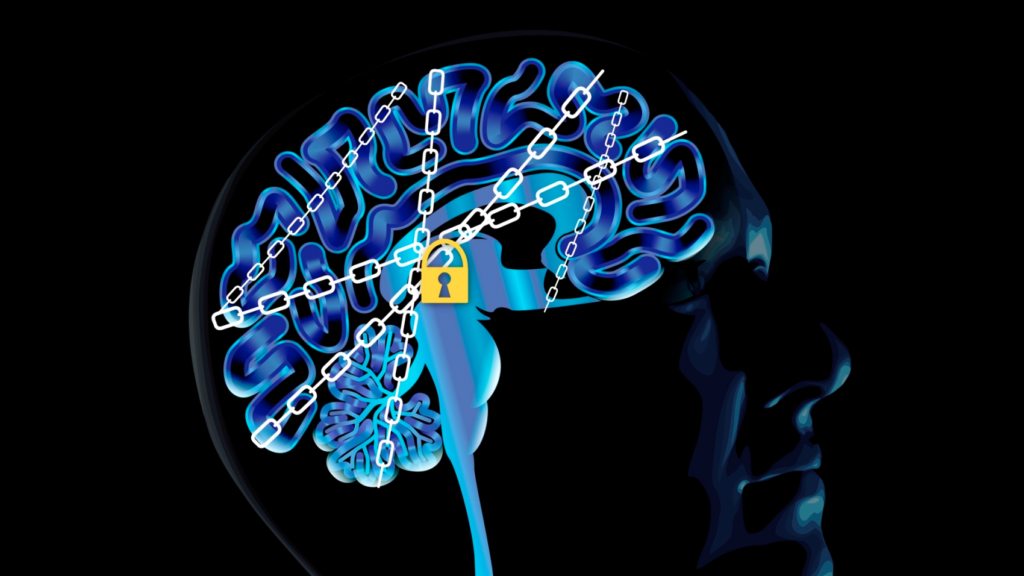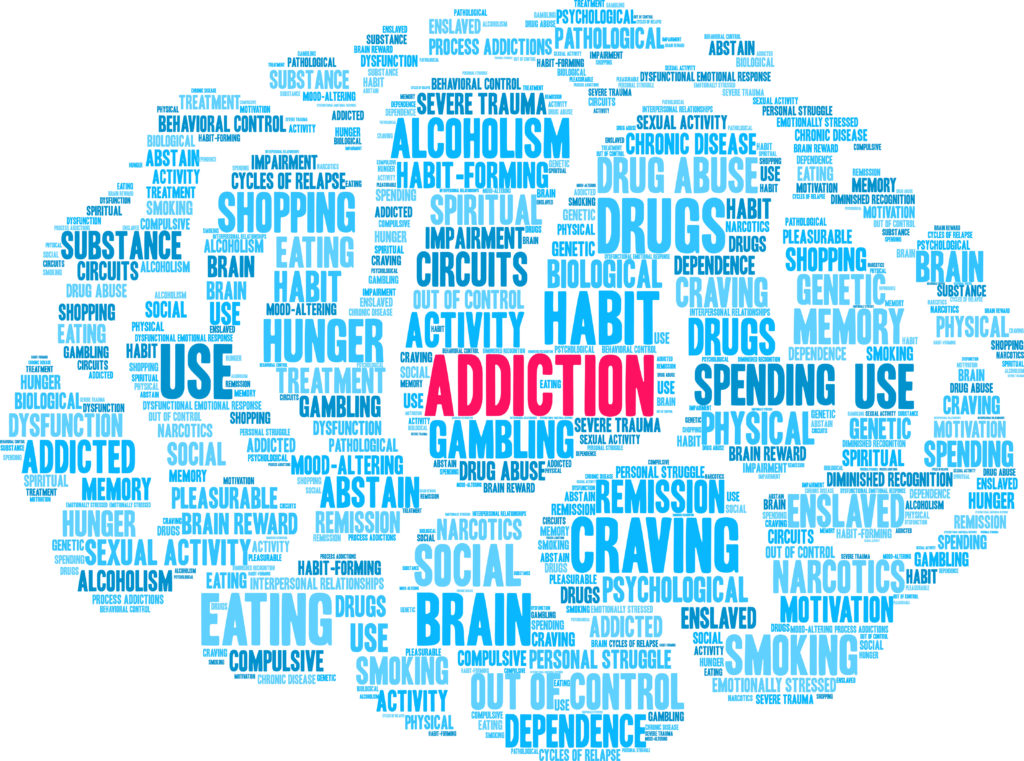Addiction is a complex and multifaceted phenomenon that has puzzled and intrigued scholars, scientists, and healthcare professionals for centuries. It is a condition that affects individuals across diverse cultures and societies, causing profound impacts on their physical, psychological, and social well-being. Throughout history, various disciplines have attempted to define addiction, each offering unique perspectives and insights into the nature of this pervasive human experience. In this article, we explore the diverse definitions of addiction and how they contribute to our understanding of this challenging issue.
Medical Definition
From a medical standpoint, addiction is characterised as a chronic, relapsing brain disorder. It centers around the compulsive engagement in a substance or behavior despite harmful consequences. Medical definitions emphasise the role of neurobiology, particularly the brain’s reward system, which becomes dysregulated in addiction. The brain adapts to repeated exposure to addictive substances or activities, leading to tolerance, dependence, and withdrawal symptoms upon cessation. Common examples include substance addictions (e.g., drugs, alcohol) and behavioral addictions (e.g., gambling, gaming).
Psychological Definition

Psychological definitions of addiction focus on the individual’s internal processes, cognition, and emotional factors. Addiction may be seen as a maladaptive coping mechanism to deal with stress, trauma, or unresolved psychological issues. It provides a temporary escape from emotional pain and discomfort, leading to a cycle of dependence. This perspective highlights the importance of addressing underlying psychological issues in alcohol and drug addiction treatment and, indeed, recovery from any form of addiction.
Social Definition
From a sociological perspective, addiction is viewed as a product of the broader social context in which individuals live. Social definitions of addiction explore how cultural norms, peer influences, and societal pressures contribute to substance use and addictive behaviors. These definitions often emphasise the role of social support systems and community-based interventions in combating addiction.
Behavioral Definition
A behavioral definition of addiction centers on the observable actions and patterns of behavior related to addictive substances or activities. It defines addiction based on the reinforcement and conditioning processes that maintain addictive behaviors. This perspective underlines the importance of behavioral therapies in treating addiction by modifying maladaptive behavioral patterns.
Disease Model
The disease model of addiction posits that addiction is a chronic illness similar to other medical conditions. Proponents of this view argue that individuals have a genetic predisposition to addiction, and certain environmental factors trigger its development. This model has been influential in shaping addiction treatment and reducing stigma, as it encourages a compassionate and understanding approach to those struggling with addiction.
Choice Model

In contrast to the disease model, the choice model views addiction as a series of voluntary decisions made by individuals. It emphasises personal responsibility and accountability, suggesting that addicts have the power to overcome their addiction through sheer willpower. However, this model has been criticised for oversimplifying addiction and ignoring the complex interplay of biological, psychological, and social factors.
Biopsychosocial Model
The biopsychosocial model represents a comprehensive approach that integrates biological, psychological, and social aspects of addiction. It acknowledges the contributions of genetics, neurobiology, psychological factors, and social influences in shaping addictive behaviors. This model is widely accepted in the field of addiction studies as it considers the complexity and individuality of addiction experiences.
Conclusion
The definitions of addiction are diverse and dynamic, reflecting the complexity of this phenomenon. From medical and psychological perspectives to sociological and behavioral approaches, each definition offers unique insights into the nature of addiction. A holistic understanding that incorporates various dimensions of addiction is crucial in developing effective prevention, intervention, and treatment strategies. By embracing a compassionate and multidimensional approach, society can better support those affected by addiction on their journey to recovery and well-being.

